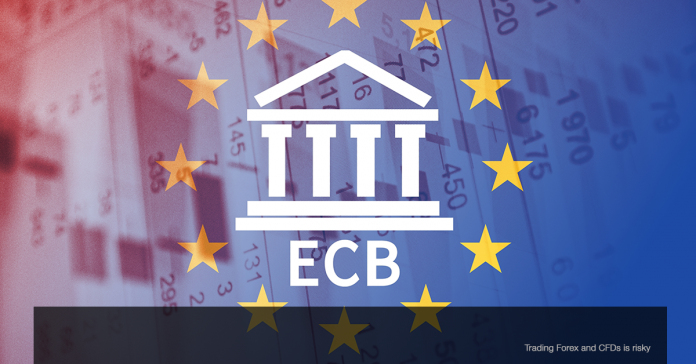The unexpectedly improved Eurozone PMIs released yesterday for August, seems just a temporary relief, as the recession fears dominate strongly the market. The data are still point to an ongoing contraction in the manufacturing sector, especially in Germany, something that emerged from the slowdown in manufacturing exports due to the ongoing:
- US-Sino trade war,
- lingering direct conflict with the US over trade
- and the risk of a no-deal Brexit.
The data added to the arguments of the hawks at the ECB and after the minutes to the last Fed minutes on Wednesday proved less dovish than some had hoped the data failed to boost sentiment, especially as the details continued to highlight downside risks. Both Fed and ECB meetings showed a degree of caution with regard to further easing measures.
Some market narrative are also highlighting that German’s services PMI hit a 7-month low, suggesting that weakness in manufacturing is starting to affect other areas of the economy, in addition to low expectations readings. German car producers, is particular, are still suffering from the fallout from the diesel scandal, but will also be in the firing line for another round of US tariffs on imports from the EU, which seem increasingly likely considering that there is little to no progress in trade talks.
The sector also feels the pressure from a no-deal Brexit scenario and indeed, given the fact that Boris Johnson has been given moral backing by US President Trump, he could well back this up with tariff threats in September, which would strengthen the UK’s hand in the last weeks for possible talks ahead of the October 31 Brexit date.
In that scenario and with signs that Germany’s weakness is spilling over to the rest of the Eurozone, pressure on Berlin to ditch the focus on budget consolidation is rising.
Hence markets continued seeing clearly that the the ECB is preparing another package of easing measures to be released in September, even if this week’s minutes showed diverging view on stimulus package, as not every council member fully was convinced that wide ranging action would be needed.
The outlook since then has clearly darkened, even if PMI readings came in a tad better than anticipated and with risks piling up, pressure on governments to open their coffers is also rising.
Germany in particular will increasingly be in the firing line especially if growth doesn’t improve and the Eurozone’s largest economy slides into recession.
And with the prospect of all the political/geopolitical jitters in sight, that seems increasingly likely.
Therefore, bearish outlook is projected to hold for EURUSD, seeing that the ECB remains on a course to easing in September and given all the risks mentioned above.
Click here to access the Economic Calendar
Andria Pichidi
Market Analyst
Disclaimer: This material is provided as a general marketing communication for information purposes only and does not constitute an independent investment research. Nothing in this communication contains, or should be considered as containing, an investment advice or an investment recommendation or a solicitation for the purpose of buying or selling of any financial instrument. All information provided is gathered from reputable sources and any information containing an indication of past performance is not a guarantee or reliable indicator of future performance. Users acknowledge that any investment in Leveraged Products is characterized by a certain degree of uncertainty and that any investment of this nature involves a high level of risk for which the users are solely responsible and liable. We assume no liability for any loss arising from any investment made based on the information provided in this communication. This communication must not be reproduced or further distributed without our prior written permission.



















